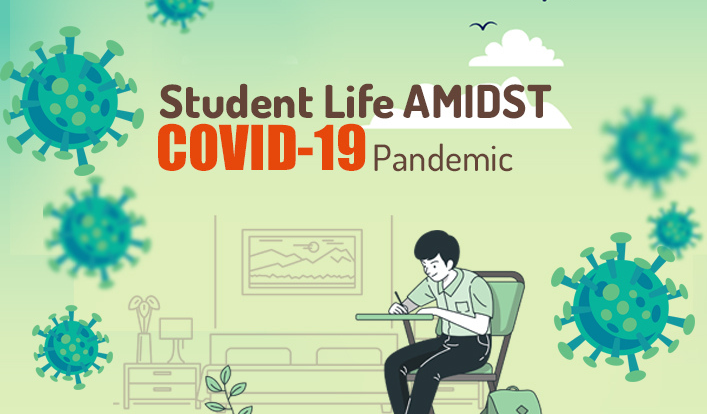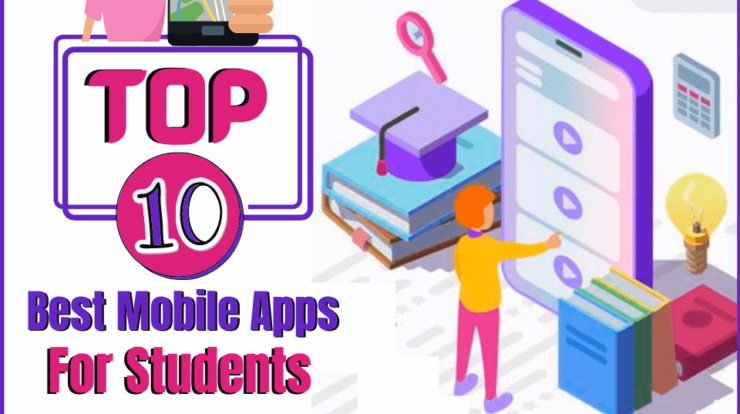
In today’s highly competitive modern era, the stress factor is very common for almost all students of high schools and colleges proving detrimental to health and education. Hence, it is judicious to initiate some effective student stress management techniques to avoid erratic health-related issues and enhance the level of concentration and boost the cognitive awareness of the brain.
What are the beneficial techniques for Student Stress Management?
1. Time Management
For mitigating the level of stress, and achieving success in their studies, scholars should learn the techniques of managing their time appropriately. The delicate balance of study and work is disrupted through increased stress levels. This variance results to heighten the dilemma restricting the students’ confidence to get good grades.

Hence, time management is crucial for the scholars serving as impactful techniques of stress management helping them to enhance their learning skills and overall degree of productivity.
Therefore, there are some tricks to manage the time in a smooth manner, which are mentioned as below:
2. Prioritize the Schedule
Students are advised to prioritize their daily schedules easily by keeping a list of things to be done. It helps in controlling their regular activities, and stay focused on the most vital affairs to be executed. Hence, based on urgency, daily agendas are planned for the attainment of goals.
3. Apply 80-20 Rule
The 80-20 rule is also known as the Pareto Principle, which states that approximately 80% of the results arise from 20% of the triggers or the actual work which is effectuated. Hence, in other words, it will be better for the students to actualize their attention and perform prudently on their 20% work, which will produce 80% of their outcomes. Therefore through this unique technique of stress management, scholars can achieve enhanced results, as well as economize their precious time.
4. Have Adequate Sleep
Due to hectic study timetables, students can develop odd times to go to bed. This continuous sleep-deprivation state will prove to be detrimental to their overall health and makes them less productive in their education. Hence, it is vital to have a night sleep for at least eight hours, with making a habit to go to bed every night at the same time. This helps to boost the quality of sleep and makes them stress-free and fresh when they get up in the morning.
Besides, the scholars should switch off all their digital gadgets at a minimum of half an hour before going to bed. Moreover, scholars should not do their learning in bed, or else they enhance their level of stress. Furthermore, they can also try a 20 to 30 minutes powernap to make themselves comfortable.
5. Daily Workouts
Regular exercise is the smartest student stress management way to mitigate the stress-level, apart from enhancing the level of attentiveness, and cognitive alertness. Among different exercises, scholars can practice yoga and meditation preferably in the morning, doing stretching sessions for maintaining flexibility, biking, running, or walking on a treadmill at the multi-gym or just a brisk walking in the nearby parks.

Besides, regular workouts help individuals to sleep better, thereby reducing the stress effects. Practicing meditation from an expert yoga-teacher also aids in gaining more concentration and develops the students’ mental alertness. Moreover, students can also start deep breathing techniques, wherein they have to intake slow and deep breaths for relaxing their bodies. This will aid in keeping their heart rate slow; relax the muscular tissues, and reduce their blood pressure levels. In this fashion, scholars can practice five minutes of abdominal inhaling methods, whereby they should focus on the breath in the air in the region of their stomach.
Again, they can practice innovative breathing patterns, wherein they should inhale air till counting one to seven, holding the breath for seven seconds, and finally exhaling with a count of seven. Hence, with these synchronized and rhythmic breathing methodologies, students can ease out their anxieties, and enhance effective blood circulation in the body and gain more cognitive awareness.
6. Apply Cognitive Therapy
Scholars can practice visualizations or guided imagery, which is effective stress management for students, helping to relax the mind with soothing effects on the body. They need to detach themselves from different thought processes making them stressed. They should learn to turn off their stress response attitude. Hence, this stress-mitigating therapy can surely offer them deep foresight, cognitive awareness, and making them more relaxed by relieving them from any psychological stress factors.
7. Consume Wholesome Food
Students need to understand that consuming nutritious food can boost the power of their brain, apart from making them calm. These techniques of stress management involve eating foods that will elevate the temper and senses such as, dark chocolate, blueberries, and pistachio nuts.
Besides, eating sunflower and pumpkin seeds can control their emotions better. Again, drinking green tea and black coffee can aid in generating the stress-reducing hormone of cortisol. Therefore, these stress-relieving foods are good for health but should be consumed in limited quantities.
8. Apply PMR
Student stress management can be related to practicing PMR or progressive muscle relaxation. This methodology consists of stretching and relaxing all muscles till the body is totally in a relaxed position. It can be practiced by students before going to bed, and during the periodic or annual exams, when the stress level can be sometimes high. Hence, with constant practice, scholars should be able to get deeper sleep, if they do PMR just before going to bed.
9. Listen to Music

Among all the student stress management techniques, music can help to stimulate the mind of the students, as well as calming them down. Thus, scholars should start listening to their favorite tones preferably in slow volume, which will aid them in enhancing their cognitive abilities by working as stress buster.
Final Verdict
Eventually, students should moderate their workload, talk less, and listen to their inner voice, and practice laugh therapy to intake more oxygen, releasing blissful hormones, thereby mitigating their overall stress level, and be prepared for any challenges in their lives.
Also read about 👉👉 Top 10 Best Apps For Students – StudentCosy






